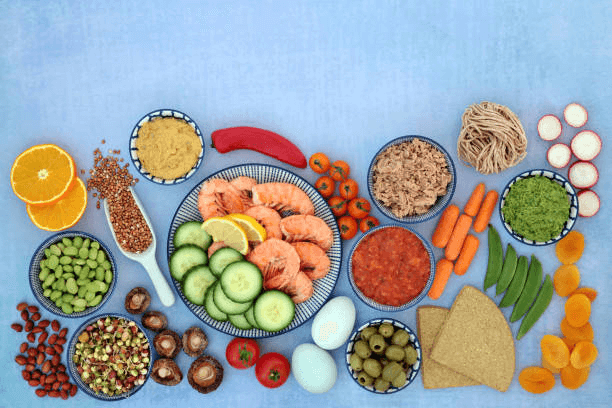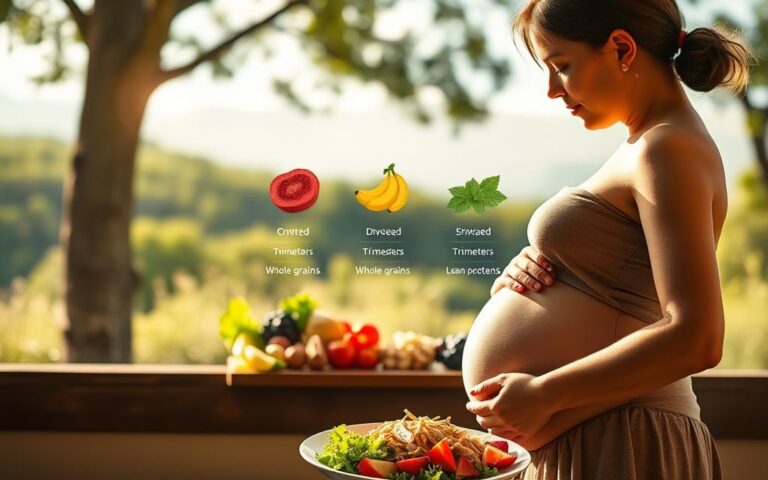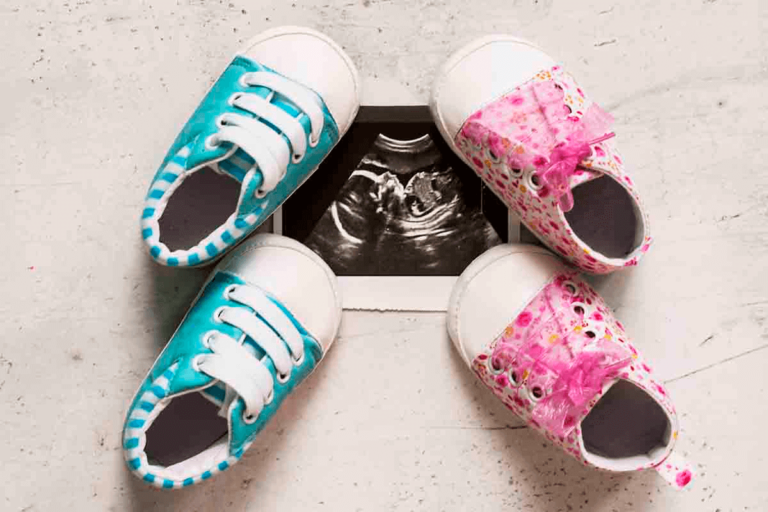Foods to Avoid During Pregnancy to Lower Miscarriage Risk: A Comprehensive Guide

When you’re pregnant, your diet isn’t just about nourishing yourself—it’s also about protecting your growing baby. Certain foods and ingredients may pose risks of infection, toxicity, or other complications that can increase the likelihood of miscarriage. Here’s a detailed breakdown of foods to avoid and actionable tips to support a safe pregnancy.
Why Certain Foods Pose a Risk During Pregnancy
Pregnancy alters your immune system, making you more susceptible to foodborne illnesses caused by bacteria like Listeria and Salmonella. These infections can cross the placenta, potentially harming your baby or leading to miscarriage. Additionally, some foods contain toxins or substances that interfere with fetal development.
Detailed List of Foods to Avoid
1. Raw or Undercooked Meats
- Risks: Bacteria like E. coli and Toxoplasma gondii can lead to serious infections.
- Examples: Rare steak, carpaccio, undercooked burgers.
- Safe Practice: Cook meat until no pink remains, and juices run clear.
2. Unpasteurized Dairy Products
- Risks: May contain Listeria bacteria, causing listeriosis, which can lead to miscarriage.
- Examples: Soft cheeses like Brie, Camembert, and blue cheese if made from unpasteurized milk.
- Safe Practice: Always check labels for “pasteurized.”
3. High-Mercury Fish
- Risks: Mercury can harm fetal brain development and increase miscarriage risk.
- Examples: Shark, swordfish, tilefish, king mackerel.
- Safe Alternatives: Salmon, cod, and sardines (in moderation).
4. Raw or Smoked Seafood
- Risks: Increased likelihood of bacterial and parasitic infections.
- Examples: Sushi, sashimi, smoked salmon.
- Safe Practice: Choose fully cooked seafood.
5. Deli Meats and Processed Foods
- Risks: Potential contamination with Listeria.
- Examples: Ham, salami, hot dogs.
- Safe Practice: Heat deli meats until steaming before eating.
6. Unwashed Produce
- Risks: Soil contamination can lead to toxoplasmosis.
- Examples: Leafy greens, fruits with skin that hasn’t been rinsed.
- Safe Practice: Wash all produce thoroughly with running water.
7. Excessive Caffeine
- Risks: High caffeine intake (over 200 mg daily) can increase miscarriage risk.
- Examples: Large coffees, energy drinks.
- Safe Practice: Limit caffeine intake to a maximum of one 12-ounce cup of coffee per day.
8. Alcohol
- Risks: Directly linked to miscarriage and fetal alcohol syndrome.
- Safe Practice: Completely avoid alcohol during pregnancy.
9. Raw or Undercooked Eggs
- Risks: Potential for Salmonella contamination.
- Examples: Runny yolks, homemade mayonnaise, raw cookie dough.
- Safe Practice: Cook eggs until both yolk and white are firm.
10. Herbal Teas and Supplements
- Risks: Some herbs can stimulate uterine contractions or interfere with fetal development.
- Examples: Certain detox teas, high-dose herbal supplements.
- Safe Practice: Consult with your doctor before consuming herbal products.
Practical Tips for Safe Eating During Pregnancy
- Understand Food Labels
- Check for terms like “pasteurized” and avoid raw or partially cooked items.
- Proper Storage
- Refrigerate perishable foods promptly, and store raw meats separately from ready-to-eat foods.
- Cook Thoroughly
- Use a food thermometer to ensure meat and seafood reach safe internal temperatures.
- Hydration Awareness
- Drink plenty of water and avoid beverages that may be overly caffeinated or sugary.
- Plan Balanced Meals
- For help managing food aversions or cravings, refer to this article on food aversions during pregnancy.
How to Balance Nutrition in the First Trimester
The first trimester often brings challenges like morning sickness and fatigue, which may complicate healthy eating. Learn how to navigate these hurdles with this first-trimester survival guide.
Why Food Choices Matter Beyond Miscarriage Risk
A nutritious pregnancy diet not only reduces miscarriage risk but also supports overall fetal development, lowers the chances of complications like gestational diabetes, and sets the stage for a healthy postpartum recovery.
Conclusion
By avoiding high-risk foods and focusing on safe, nutritious options, you can protect both your health and your baby’s development. For personalized dietary guidance, always consult your healthcare provider. Staying informed about pregnancy nutrition helps you feel empowered and confident during this transformative journey.






